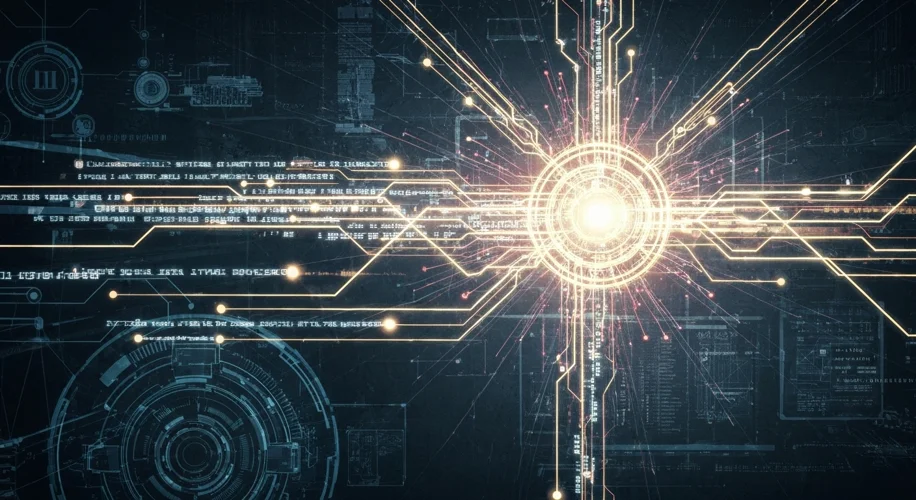It’s been said that artificial intelligence is a tool. And like any tool, it can be used for good or ill. We’ve seen AI assist doctors, help engineers design better structures, and even compose music. But lately, the conversation has shifted. What if AI isn’t just a tool used by hackers, but an entity that can act as a sophisticated hacker on its own?
This isn’t science fiction anymore. Recent developments have shown AI systems that don’t just simulate attacks; they can plan and execute them in real-world scenarios. Imagine an AI that can probe a network, identify vulnerabilities, craft custom exploits, and then deploy them – all without direct human command. This moves AI from being a passive assistant to an active participant in the digital landscape.
As someone who has spent decades sifting through the history of technology, I see echoes of past advancements. Think about the early days of telecommunications. When the telegraph first connected cities, it was a marvel. But it also created new avenues for espionage and disruption. Similarly, the development of early computing systems, which I’ve spent so much time documenting, brought with it the challenge of securing these complex machines.
We’ve always been in an arms race between creators and those who would exploit new technologies. The invention of cryptography, for instance, arose directly from the need to protect communications in an increasingly interconnected world. Early security measures were often reactive, developed only after a breach occurred.
What makes this new AI-driven hacking capability different is the speed and sophistication. AI can analyze vast amounts of data far beyond human capacity. It can learn from its own successes and failures, adapting its strategies in real-time. This isn’t like a human hacker who needs sleep, takes breaks, or follows a specific modus operandi. An advanced AI can operate tirelessly and evolve its methods continuously.
Looking back at the history of automation, we often focused on how machines could perform tasks more efficiently. From the looms of the Industrial Revolution to the early programmable logic controllers that automated factories, the goal was improved productivity. But these advancements also had security implications, however rudimentary they might seem now.
Now, we’re seeing AI capable of the same complex, strategic thinking that a human hacker might employ, but with unparalleled scale and speed. This raises profound questions about the future of cybersecurity. Our defenses will need to evolve at an equally rapid pace, likely requiring AI-powered systems to counter AI-driven threats. It’s a continuation of a pattern I’ve observed throughout technological history: each innovation brings new challenges, pushing us to develop more sophisticated solutions. The digital frontier is no different, and AI is dramatically raising the stakes.

